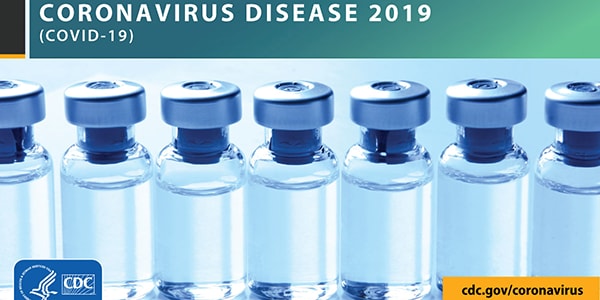That's not accurate math. You're assuming 100% of half the population will get COVID and 1% will die. If you use the known math and the CDC assumptions almost half of us have had COVID:
- With a population of 331Million we have had 34,987,966 known cases (10.6% have gotten it so far)
- That is a Case Fatality Rate (CFR) of 1.8% (624,833 deaths divided by 34,987,966 cases).
- The true mortality rate, as the CDC does with the flu, would include the assumed cases + known cases related to deaths.
- The assumed cases factor is 4.3x identified cases per the CDC. That is 150,448,253 assumed cases total (45% of the population).
That wildly changes the mortality rate. Now divide 624,833 deaths by TOTAL cases (150,448,253) and you get a truer mortality rate of 0.0042 or
0.42% (or a general survivability rate of 99.58%)
Half the population is 165.5 million and 0.0042 of that is another 695K deaths.
But you can't stop there. From the data I posted from physicians back in April, then it was assumed that half of the people who had gotten vaccinated had already had the virus, half had not. That's the consensus right the moment. 161M Americans have been fully vaccinated. 50% of those didn't have COVID (assumed or confirmed). That's 80.5M Americans you need to add to the 150.4M who have had COVID, which gives us a population of 230.9M Americans that "should" have immunity (natural or vaccinated or both).
331M Americans - 230.9M with some form of protection = 100.1M Americans with no natural or vaccinated immunity.
For simplicity sake, assume those protected don't die if they contract it again. I know there will be exceptions, but by and large assume that. Apply the 0.0042 mortality rate to the unvaccinated population you get 420,420 deaths.
Totally unacceptable....but consider....
The vast numbers that are vaccinated or have natural immunity should slow the total spread numbers. Fewer people die of COVID now than did then because we have better treatments. And though vaccinations have slowed, they continue....and people keep getting infected...so immunity numbers are still growing.
All of that would have to be factored into "how many we would expect to die" as well.
I don't know how much I'd lower the 420,420 deaths considering those factors, but I'd assume it would be lower by some substantial amount.
I know I'm nitpicking, but saying we would have 1.7M more deaths is just not even realistic.


